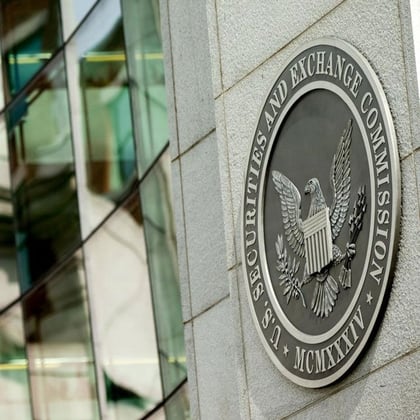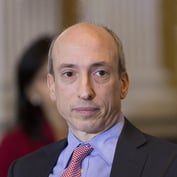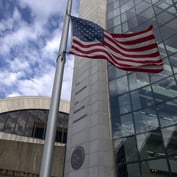What You Need to Know
- CCOs are being held personally liable for actions that do not result from fraud or obstruction on their part.
- Anxiety around personal liability is leading CCOs to pull back from their firms or find other jobs, according to the New York Bar Association.
- A framework for when to bring actions against CCOs is a crucial next step for the SEC, the group says.
Creating a regulatory framework “is a crucial next step” for the Securities and Exchange Commission to take to help the agency decide when to bring an enforcement action against a chief compliance officer, according to just-released analysis by the New York Bar Association.
The report suggests that SEC actions against CCOs may actually “increase future securities law violations.”
The framework, the Bar said, should set out “nonbinding factors” that help the securities regulator provide “enforcement clarity” to CCOs.
“For several years now, CCOs in the financial sector have voiced a sustained tide of concern … from increased enforcement actions holding CCOs personally liable, in particular for actions that do not result from fraud or obstruction on their part,” the paper states.
The SEC, the New York Bar suggests, should seek to establish evidence, prior to bringing an enforcement action, of one or more of the following:
- Were the acts of obstruction or false statements repeated?
- Was the obstruction denied when confronted, or did the CCO not immediately reverse course and cooperate?
- Did the obstruction relate to a necessary or highly relevant part of the examination or investigation?
- Did evidence show other indicia of intent to deceive or disregard for cooperation with the SEC’s regulatory mission?
The paper states that while conduct charges against CCOs are sometimes warranted, such enforcement actions “may potentially increase future securities law violations” for two reasons.
First, “liability for CCO Conduct Charges perpetuates a misperception that the SEC is targeting CCOs, which, in turn, may result in CCOs leaving the profession for adjacent positions such as compliance consulting, providing legal advice or dealmaking,” the paper states.









 June 04, 2021 at 09:44 AM
June 04, 2021 at 09:44 AM











